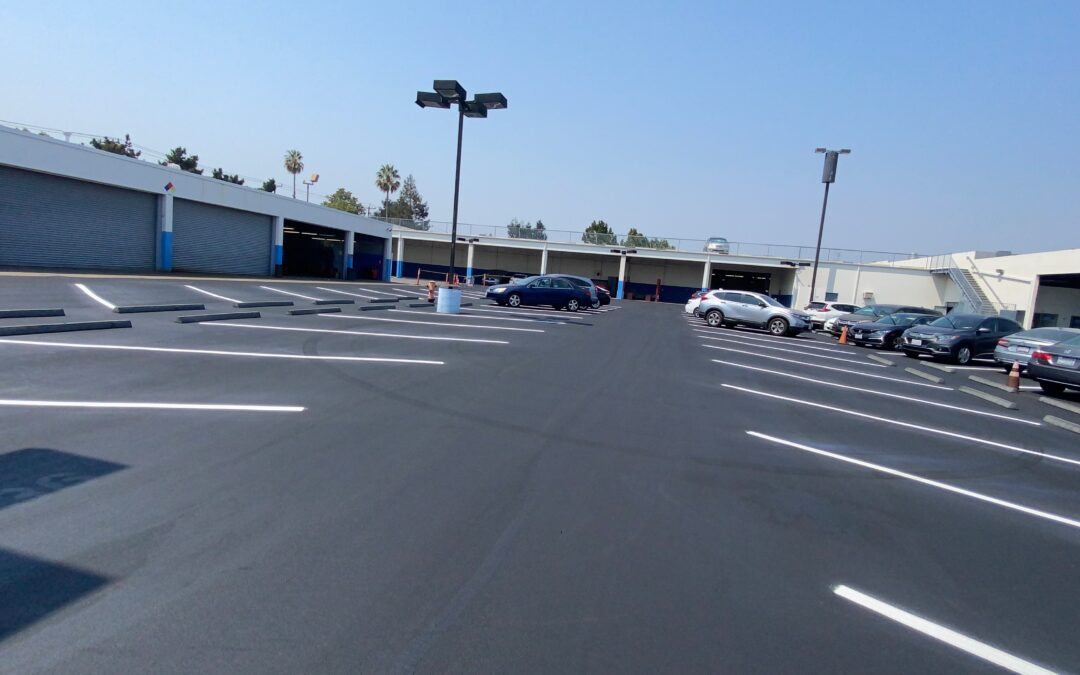San Jose, California, is a city on the rise. As the beating heart of Silicon Valley, it pulsates with innovation, culture, and diversity. Yet, amidst its thriving landscape, one crucial aspect often overlooked is the quality of its paving infrastructure. Paving might not command attention like soaring skyscrapers or cutting-edge technology, but its significance in shaping the city’s identity, functionality, and livability cannot be overstated. In this comprehensive analysis, we explore why San Jose must prioritize the implementation of high-quality paving to fortify its foundation for sustainable growth and enhance the overall quality of life for its residents.
Safety and Infrastructure Integrity
The safety of residents and visitors traversing San Jose’s thoroughfares is paramount. Quality paving directly correlates with road safety by providing smooth surfaces that minimize the risk of accidents, particularly in a city renowned for heavy traffic congestion.
Potholes, cracks, and uneven pavements not only pose hazards to motorists but also endanger pedestrians and cyclists. By investing in superior paving materials and construction techniques, San Jose can mitigate these risks and ensure the integrity of its infrastructure.
Aesthetic Appeal and Urban Identity
Beyond mere functionality, quality paving contributes significantly to the city’s aesthetic appeal and urban identity. Well-paved streets, sidewalks, and public spaces serve as the canvas upon which the city’s character is painted.
San Jose’s reputation as a global technology hub and cultural melting pot demands a streetscape that reflects its vibrancy and dynamism. By prioritizing nice quality paving, the city can enhance its visual allure, attracting tourists, investors, and new residents alike.
Economic Implications
The economic ramifications of quality paving extend far beyond surface-level aesthetics. Well-maintained roads and infrastructure bolster property values, stimulate local commerce, and attract businesses to establish roots in the city.
Moreover, smooth, pothole-free roads translate to cost savings for residents and businesses alike. Reduced vehicle maintenance expenses and enhanced mobility contribute to a more favorable business environment and drive economic growth.
Environmental Sustainability
Embracing sustainable paving practices aligns with San Jose’s commitment to environmental stewardship and climate resilience. By opting for eco-friendly materials such as permeable pavers or recycled asphalt, the city can mitigate its carbon footprint and combat the urban heat island effect.
Additionally, integrating green infrastructure initiatives alongside quality paving, such as tree-lined boulevards and bioswales, enhances biodiversity, improves air quality, and promotes ecological resilience in the face of climate change.
Quality of Life and Community Well-Being
At its core, the quality of San Jose’s paving infrastructure directly impacts the daily lives and well-being of its residents. Smooth roads and accessible sidewalks facilitate active transportation, encouraging walking, cycling, and community engagement.
Furthermore, pedestrian-friendly streetscapes foster a sense of social connectivity and inclusivity, nurturing a stronger sense of community and belonging among San Jose’s diverse population.
Conclusion
In conclusion, the imperative for quality paving in San Jose, California, cannot be overstated. From ensuring safety and enhancing aesthetics to driving economic prosperity and promoting environmental sustainability, investing in superior paving infrastructure lays the groundwork for a more resilient, livable, and equitable city. By prioritizing nice quality paving, San Jose can pave the way to progress, fortifying its foundation for future generations to thrive and prosper in the dynamic landscape of Silicon Valley.

